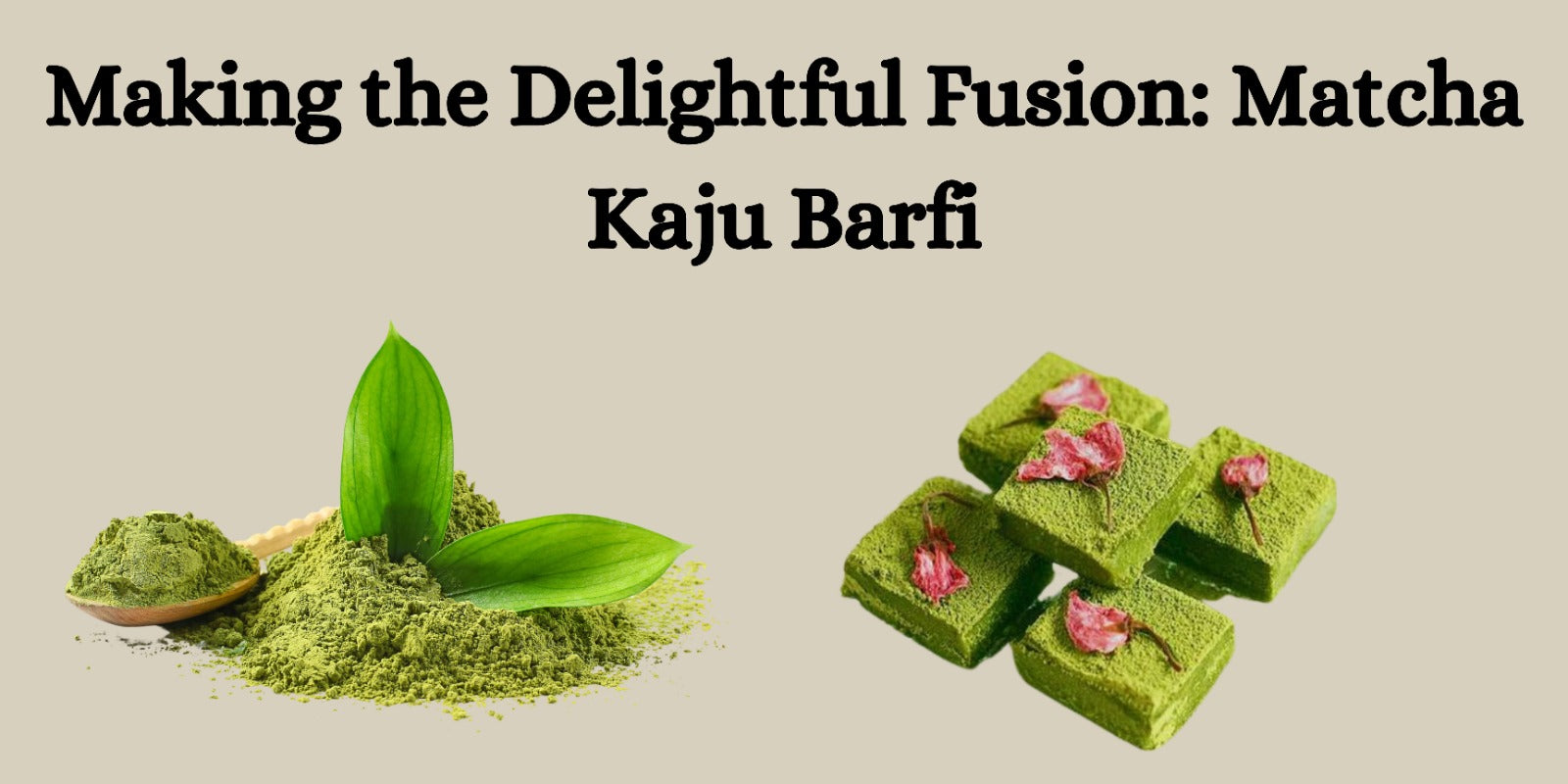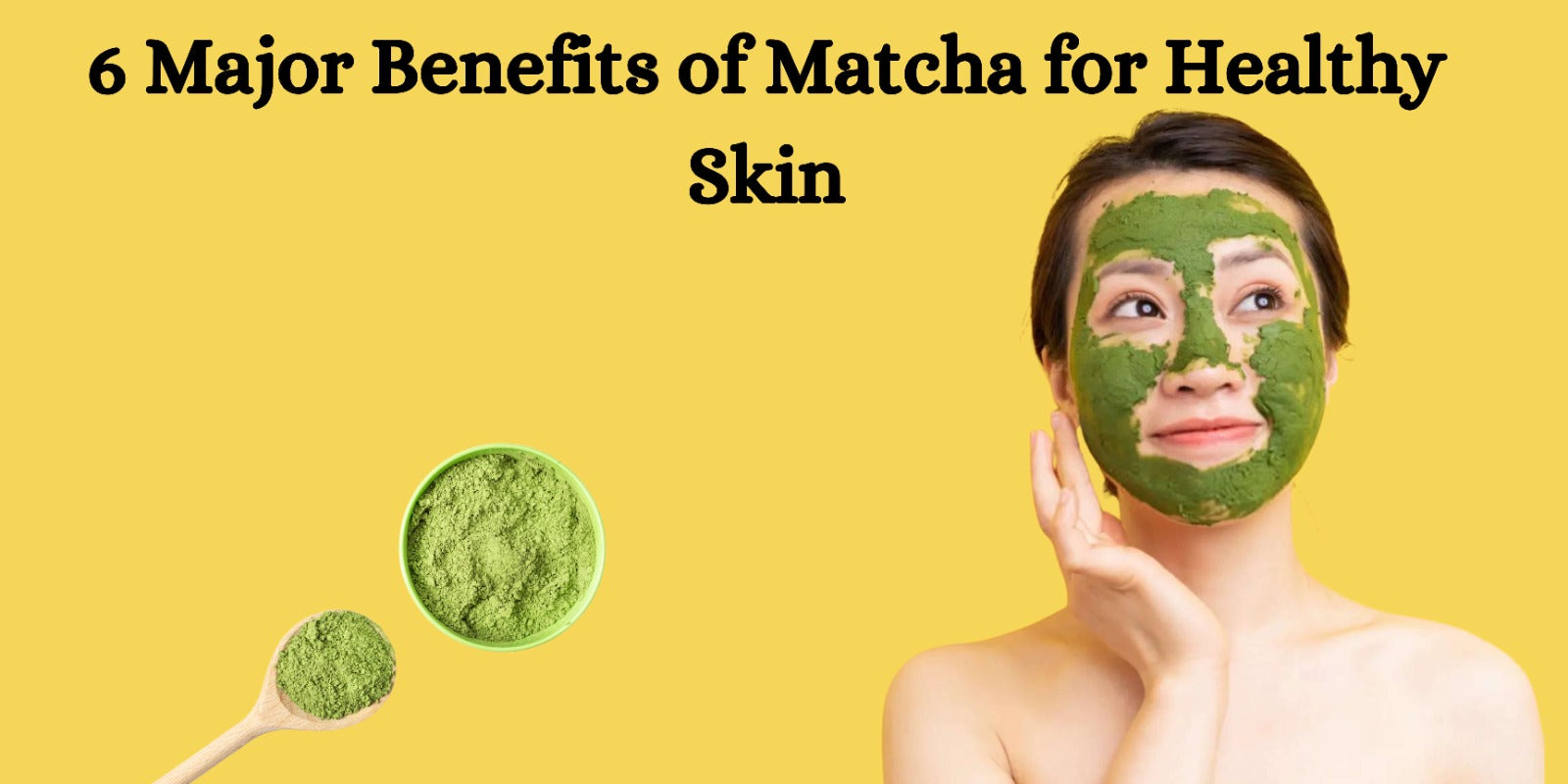The ketogenic diet, often shortened to keto, has become a popular dietary approach due to its potential for weight loss and overall health benefits. The keto diet's low carb intake forces the body to utilize stored fat for energy production through a metabolic process called ketosis. During ketosis, the liver converts fat into ketones, which can be used as fuel by the brain and other organs. As individuals embark on their keto journey, they often wonder if their favorite beverages, such as tea, align with the principles of the keto diet. In this comprehensive blog post, we will explore the topic of whether tea is keto-friendly, discussing the various types of tea, their carb content, and how to incorporate tea into a ketogenic lifestyle.
Understanding the Keto Diet
The ketogenic diet prioritizes a specific macronutrient ratio: high fat, moderate protein, and very low carbohydrates. By drastically reducing carbohydrate intake, the body shifts into ketosis, a metabolic state in which it produces ketones from fats for fuel. This metabolic adaptation can lead to weight loss and other health benefits, making the keto diet a popular choice for those seeking to manage weight and improve metabolic health.
Types of Tea and Their Carb Content
1. Black Tea:
Black tea, a favorite among tea drinkers, is keto-friendly due to its low carbohydrate content. Typically, an 8-ounce cup of black tea contains less than 1 gram of carbohydrates, making it an excellent choice for individuals looking to limit their carb intake.
2. Green Tea:
Green tea is well-regarded for its health-promoting properties and is also low in carbohydrates, with approximately 0-1 gram of carbs per 8-ounce serving. Rich in antioxidants and beneficial compounds, green tea is a keto-friendly beverage that can be enjoyed hot or cold.
3. Herbal Tea:
Herbal teas, which encompass a wide range of infusions made from herbs, spices, and botanicals, are naturally free of caffeine and carbohydrates, making them an ideal choice for those following a keto diet. Herbal teas such as chamomile, peppermint, and rooibos can be enjoyed without concerns about their impact on ketosis.
4. Oolong Tea:
Oolong tea, a traditional Chinese tea known for its distinctive flavor, falls within the low-carb range, with approximately 1-2 grams of carbs per 8-ounce serving. Oolong tea can be a part of a keto-friendly beverage selection, providing a flavorful option for tea enthusiasts on the ketogenic diet.
5. Matcha Tea:
Matcha, a powdered green tea renowned for its vibrant color and health benefits, is also relatively low in carbohydrates, typically containing 3-4 grams of carbs per teaspoon. When consumed in moderation, matcha can still be incorporated into a ketogenic lifestyle.
Incorporating Tea into a Keto Lifestyle
1. Enjoying Tea Unsweetened:
When following a keto diet, it is essential to avoid adding sweeteners such as sugar, honey, or syrup to tea, as these can contribute to an increase in carbohydrate consumption. Instead, opt for enjoying tea unsweetened or using keto-friendly sweeteners such as stevia or erythritol in moderation.
2. Adding Healthy Fats:
Given that the keto diet emphasizes a higher intake of healthy fats, individuals can enhance their tea-drinking experience by incorporating sources of healthy fats such as coconut oil, MCT oil, or grass-fed butter into their tea. This can create a creamy, satisfying beverage while aligning with the macronutrient profile of the keto diet.
3. Creating Keto-Friendly Tea Blends:
Dive deeper into the world of keto-friendly beverages! Explore the potential of creating unique and delicious tea blends using a variety of keto-approved teas, herbs, and natural flavorings. This allows for the creation of unique and flavorful tea concoctions that cater to individual preferences while adhering to the principles of the keto diet.
4. Experimenting with Cold Brew Teas:
Cold brewing tea is a simple and versatile method that involves steeping tea in cold water for an extended period, resulting in a smooth, mellow flavor. Cold brew teas, whether using black, green, or herbal varieties, can be a refreshing option for keto followers, especially during warmer seasons.
5. Prioritizing Hydration:
In addition to its flavor and potential health benefits, tea serves as a valuable means of staying hydrated while on a keto diet. Hydration is essential for overall well-being, and incorporating a variety of tea options can contribute to meeting daily fluid intake goals.
Conclusion
In conclusion, tea can indeed be keto-friendly, with various types of tea offering minimal carbohydrate content and a host of potential health benefits. By choosing tea varieties that align with the low-carb principles of the keto diet and incorporating it into a well-rounded dietary plan, individuals can continue to enjoy the ritual and benefits of tea while pursuing their keto lifestyle. Whether sipping on a steaming cup of black tea, savoring the antioxidant-rich flavors of green tea, or exploring the diverse world of herbal blends, tea can be a nourishing and satisfying addition to a keto diet. With mindful selection and preparation, tea can serve as a valuable ally in the journey toward achieving and maintaining a state of ketosis, all while providing moments of comfort and wellness in everyday life.




